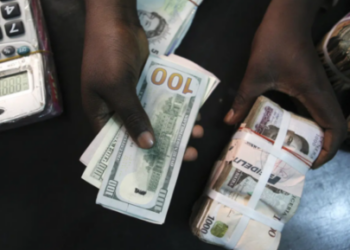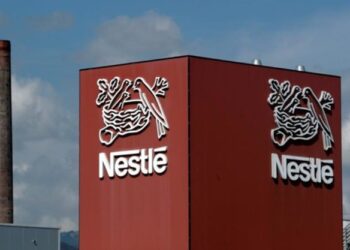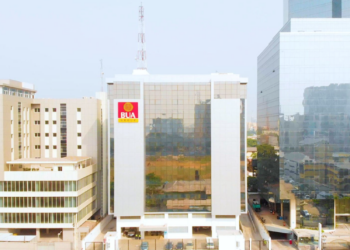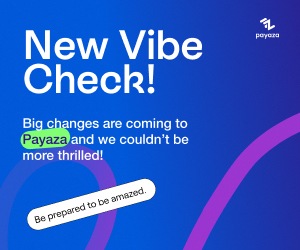Nestle released its 2014 full year results posting a profit after tax of N22.2billion. The company also posted an earnings per share of N28.05. Nestle also declared dividend per share of N17.5 with its share price to close the week at N820. Nestle also planned to pay dividends to shareholders who were in the register before 27th of April on the 17th of May 2015. Basically, Nestle shareholders have to wait for about 9 weeks just to get dividends they already knew was going to be paid 9 weeks earlier. Nestle surely isn’t the only company who has taken this route. Nigeria Breweries also declared N3.5 dividends per share and payable 14th May 2015. Why is this happening? We believe there could be many reasons for this but two typically stands out.
Cash flow
Dividend payments involves huge one time cash payouts by companies to their shareholders. Nestle for example, current dividend will cost them about N13.8billion. However, Nestle just had N3.7billion in cash in bank at the end of the financial year December 2014. Also recall that Nestle paid out interim dividend in November 2014 costing them about N7.9billion. So within a period of 7 months they are paying out about N21.7billion cash as dividends to shareholders.
As such, there is just no way the company could have paid the current dividend this month or before the end of their first quarter. Last year, it appeared Nestle borrowed to payout dividends and we won’t be surprised if this were to be the case this year again.
Burden of valuation
Nestle is one of the priciest stock listed in the Nigerian stock exchange hitting a high of N1,200 back in November 2013. That high valuation attracts high expectations in terms of dividends for shareholders. At N1,200 a total dividend for the year of N27.5 only gives you about 2.2% dividend yield. Today’s current price of N820 also provides a paltry dividend yield of 3.3% payable in another 9 weeks. Nestle will therefore continue to dig deep to sustain such a high valuation even though it doesn’t benefit them much as they hardly raise new equity.



















